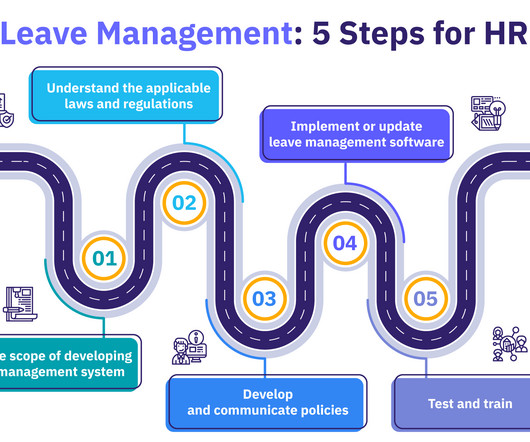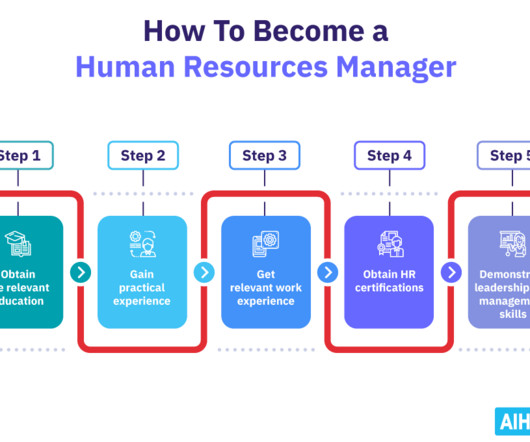The ROI of HR Software: How It Saves Time and Money
EmployeeConnect
NOVEMBER 21, 2024
This is especially true in human resources, where managing people, payroll, and compliance can become overwhelming without the right tools. In this blog, we’ll explore how HR software saves time and money while boosting efficiency, compliance, and employee satisfaction. Forecasting future staffing needs based on historical data.























































Let's personalize your content